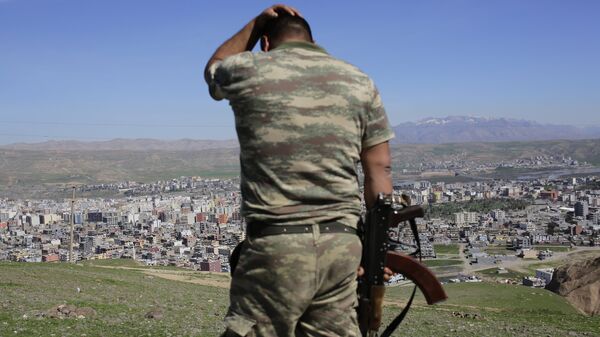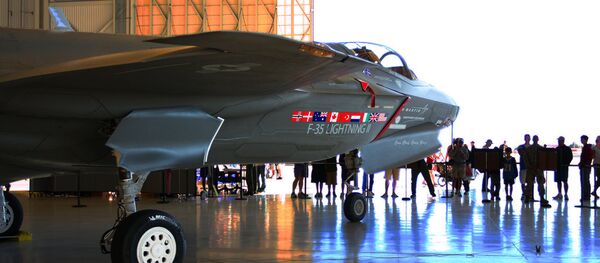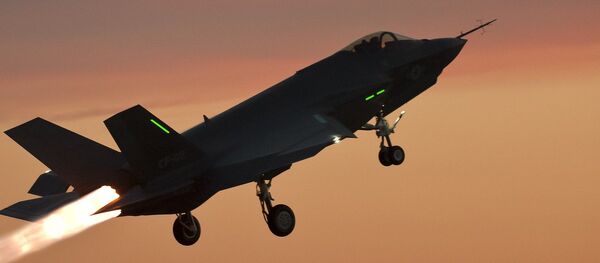Ankara is making a strategic mistake by negotiating the withdrawal of the Kurdish militia from Manbij with the US while leaving Damascus out in the cold, Hasan Unal, head of the department of international relations at Atilim University in Ankara, told Sputnik Turkey.
"The situation required urgent negotiations with the US on the presence of Kurdish forces [People's Protection Units (YPG)/the Kurdistan Workers' Party (PKK)] in Manbij," Unal said. "Perhaps, the discussion should not be limited to Manbij alone, it was necessary to raise the question of the future of the Kurdish elements located east of the Euphrates River. In a word, the very fact of holding these talks with the US seems quite normal. However, there are a number of serious problems related to the content and outcome of this meeting."
In contrast to Russia and Iran, Turkey and the US' presence in Syria has not been legitimized by the country's authorities.
Referring to the Syrian Arab Army's (SAA) successful advance on the Daraa province, Unal suggested that having expelled terrorists from the province, Syrian government forces are likely to move to Manbij and demand that the American and Turkish military personnel leave the region.
"Since these territories are part of the sovereign Syrian state, in the very near future the parties [Washington, Ankara] should coordinate their transfer under the control of the Syrian authorities. It is necessary to include this in the text of Turkey's agreement with the US," the scholar emphasized.
On the other hand, Unal continued, Turkey could have discussed its actions on the ground with Damascus before holding talks with Washington. According to the scholar, that would have strengthened Ankara's position, providing it with an advantage in negotiations with the US.
"Turkey could have made an agreement with Damascus on joint actions with a notion that the US would have no objective reasons to maintain its military presence in Syria after the defeat of Daesh [ISIS/ISIL]*. Thus, acting together with Syria, Turkey would have received a tactical and psychological advantage over the United States," he explained.
At the same time, should Syrian President Bashar al-Assad conclude an agreement with the Kurdish Democratic Union Party (PYD), he would again gain an upper hand, Unal pointed out.
"Assad signaled his intention to hold talks with the PYD," the Turkish scholar noted. "A day before, information emerged that the PYD had expressed readiness to negotiate with Damascus. Thus, while we are discussing the Manbij issue with the US, the Syrian authorities are holding talks with the Kurdish formations [located] east of the Euphrates."
According to the scholar, this means that the advantage is again on Damascus' side, as these lands belong to the Syrian state.
During the June 5 meeting between Turkish Foreign Minister Mevlut Cavusoglu and US Secretary of State Mike Pompeo, the sides agreed on a roadmap for the YPG's withdrawal from the northern Syrian city of Manbij.
According to US State Department spokesperson Heather Nauert, the US-Turkish plan will be "conditions-based."
"That means that things can change over time as conditions change on the ground," she clarified.
Earlier, the Turkish foreign minister explained that the roadmap would include three stages and require the YPG's disarmament.
The US-backed Kurdish forces have long been a bone of contention between Washington and Ankara, as the latter regards the YPG and PYD as affiliates of the PKK, designated as a terrorist group in Turkey.
Daesh (ISIS/ISIL)* is a terrorist group banned in Russia.
The views of the contributor do not necessarily reflect those of Sputnik.





